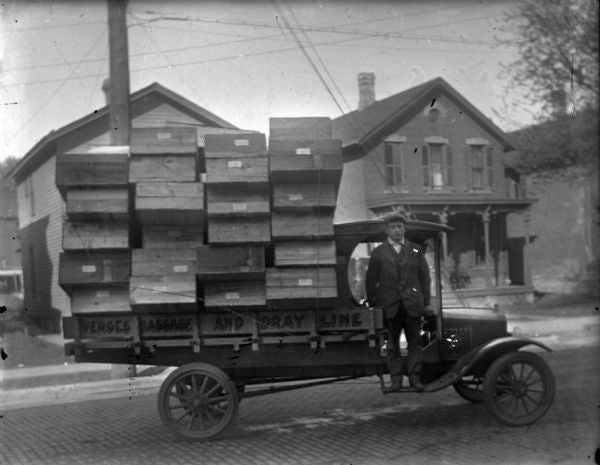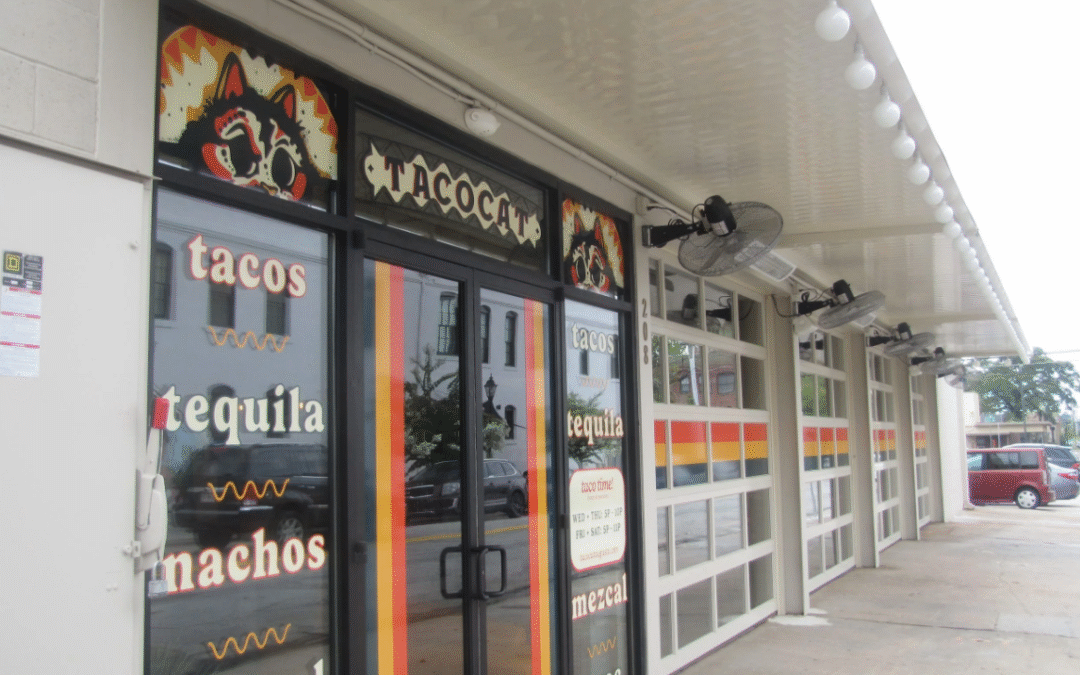Getting goods to market has always been a rough adventure and even in the modern age, the system can break down which causes a domino effect and people start hoarding goods, making the situation even worse.
The Covid pandemic taught a major lesson as to what happens when the supply line breaks down. People panicked and emptied stores of toilet paper, almost creating an online black market.
America has thousands of miles of asphalt arteries where semi-tractor trailers bring goods into stores each day and the modern transportation of goods using hubs traces its roots back to the advent of the steam locomotive and what was called the “Dray Line.”
The Dray Line takes its name not from an individual, but for the flatbed wagons used that had small, sturdy wheels and were pulled by mules.
Prior to the advent of the railroad, most people born in America never traveled more than 25 miles from their birthplaces. According to American Heritage, it was railroads, specifically the transcontinental railroad that begat our modern transportation system.
Shipping overland was an arduous task before the locomotive. Roads were rutty and dangerous as rivers routinely washed away bridges and thieves constantly lurked in the shadows.
The term “riding shotgun,” came about because cargo and passenger horse-drawn carriages had to be protected by a man sitting next to the driver holding a firearm, according to the Chronicles of America.
Most people grew their own food, raised their own cattle and hogs, made their own clothing and even cut down their own Christmas trees.
Once the railways came along, consumerism in America really took off.
The railroad companies tried to keep to a tight schedule and did not want to be responsible for unloading goods and raw materials and getting them to the various shops and factories.
Enter the Dray Line.
Workers on the Dray Line would line up at the railroad hubs with a cargo manifest and pick up the cargo with their dray wagons and ferry the goods across town.
Charles Thompson, current owner of Thompson’s Farm, says his family started one of Augusta’s first Black-owned businesses by getting into the Dray Line business. Proceeds from that business eventually went to creating the farm, which has been in existence for well over a century.
“They used to keep the mules out in the yard in front of the old office building which was on Walton Way in Frog Hollow where the Bojangles is today,” Thompson said.
It was tough work as each wagon was piled high with heavy cargo. The Dray Line would move ship cargo to the trains and then another Dray Line would pick up the goods at the railway hub and take them to the retailer.

The transportation system did not change much with the advent of the internal combustion engine as there was no modern highway system like there is today. Also, early trucks laden with goods could go no faster than a team of mules and mules could eat grass on the side of the road and didn’t require gasoline which could be scarce in rural areas.
Today, we get beer from Colorado, oranges from Florida, potatoes from Idaho, lobsters from Maine and, yes, toilet paper from various far-flung areas across the country brought in by 18-wheelers using the interstate highway system.
Just imagine what might have happened if a toilet paper shortage occurred back in the day!
While modern technology has eliminated the dray wagon, the name the “Dray Line” still exists in the South. During the days of the Dray Line, day workers would line up outside of the local office looking for an honest day’s work.
According to WALB News 10 out of Albany, day workers in many Georgia cities that line up, generally near a local homeless shelter, looking for day work are still called the “Dray Line.”
…And that is something you may not have known.
Scott Hudson is the Senior Investigative Reporter and Editorial Page Editor for The Augusta Press. Reach him at scott@theaugustapress.com











